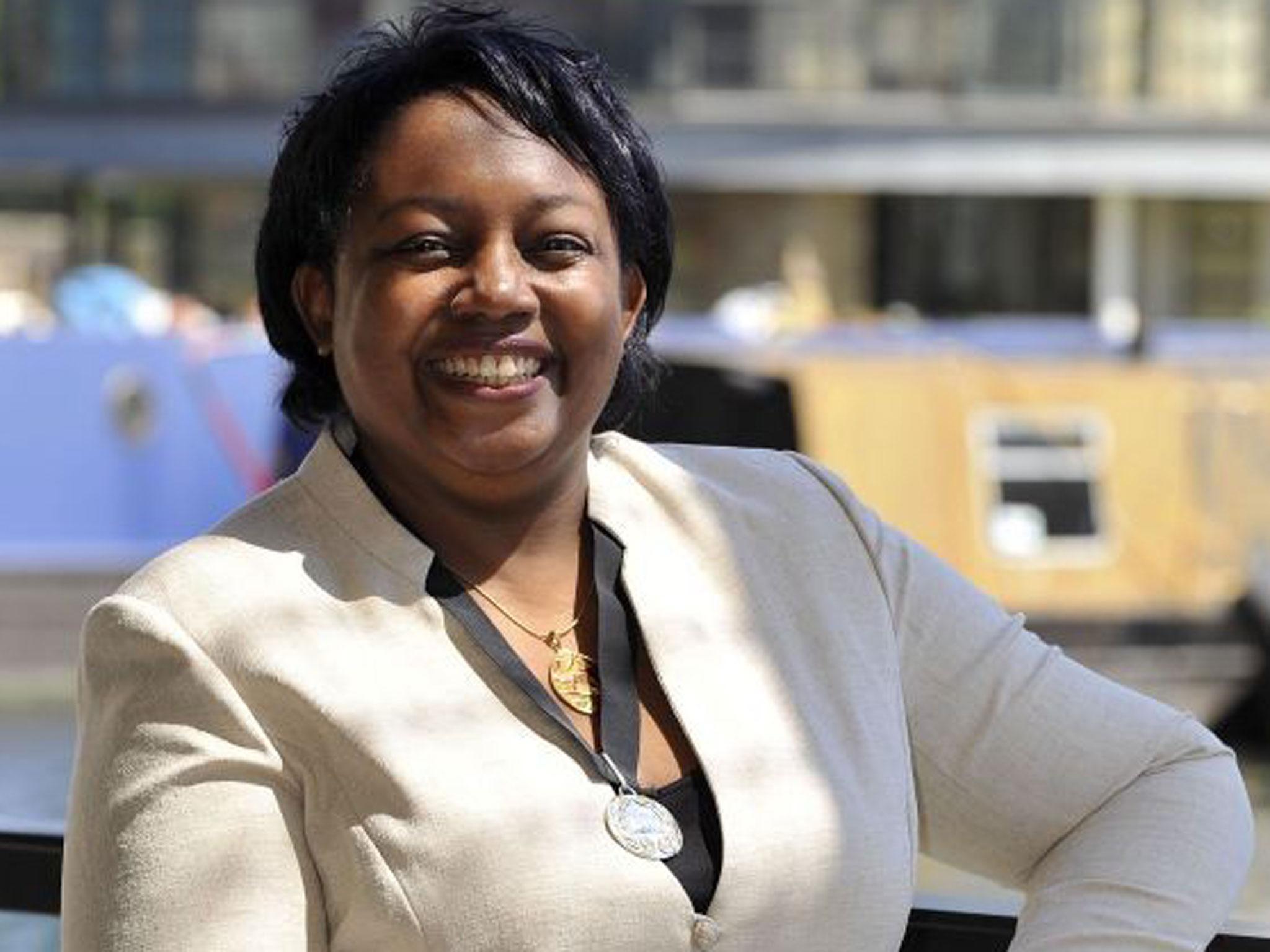British publishing still has a massive problem with diversity and it's not good enough
The idea that these narratives lack significant appeal is false, as demonstrated by cases such as ‘Why I’m No Longer Talking To White People About Race’, a Sunday Times bestseller


For a while, it looked like the massive lack of diversity within publishing was finally being taken seriously.
The last 12 months in particular has seen an influx of books written by black women and based on black women narratives. Slay in Your Lane: The Black Girl’s Bible, Brit(ish): On Race, Identity and Belonging and Queenie are some of the most popular examples. Major publishing houses, including Faber and Faber and Hachette UK, also launched programmes to seek out talented Bame individuals, offering workshops, internships and networking opportunities.
However, recent statistics paint a different picture. A major survey of people working in publishing in London has revealed that only 11 per cent of respondents identified as Bame, a considerably lower figure than the 40 per cent average of the capital. Adding further insight to this, a survey conducted by Creative Access, an organisation offering paid internships for Bame people through partnering with established companies, revealed that 55 per cent of participants felt the publishing industry was not open to change or welcoming towards people from different backgrounds. Almost half – 45 per cent – said they were yet to see progress in diversity since entering the workforce. This data illustrates the continued need to strive for inclusivity of ethnic minorities in the business.
A lack of diversity within publishing has wide repercussions. With the exception of Malorie Blackman’s Noughts and Crosses, I was not exposed to black authors, much less black storylines, during my primary and secondary education. As an aspiring writer, reading stories I could relate to would have encouraged me further in my own writing. Representation matters – it may be a cliche but it’s true. Literature is a powerful tool. Students having access to narratives and authors they can connect with is a key component to the art of storytelling, whether in fiction or non-fiction.
Last month, sociological researcher and Soas teaching fellow, Emma Dabiri, released her debut book Don’t Touch My Hair with Penguin. In this pioneering work, the Irish-Nigerian speaks not only of her experience with her natural hair and wearing it out in Ireland, but also the intricate history of black hair. For instance, Dabiri details how there are calculating systems expressed through braiding patterns, which are also conveyed in modern computing. It is a stimulating combination of pre-colonial African history, contemporary reflections of this past, as well as interpretations of black hair. These topics are not often covered in mainstream spaces and it is books like this, written by those within the subject’s community, that highlight the importance of telling these stories.
Diverse authors and storylines are not just necessary for ethnic minorities to relate to: they also discourage stereotypes in society of these marginalised groups. The publishing industry must recognise that it needs to be more inclusive of Bame writers for the workforce to become more progressive, livelier and more innovative. The misconception that these narratives will not sell or lack significant appeal is false, as demonstrated by cases such as Why I’m No Longer Talking To White People About Race by Reni Eddo-Lodge, a top five Sunday Times bestseller.
It is refreshing to see more black authors and ethnically diverse storylines than when I was growing up. But the publishing industry needs to press on to be more open and committed to change for the betterment of the trade, as well as for society as a whole.
Join our commenting forum
Join thought-provoking conversations, follow other Independent readers and see their replies
Comments
Bookmark popover
Removed from bookmarks